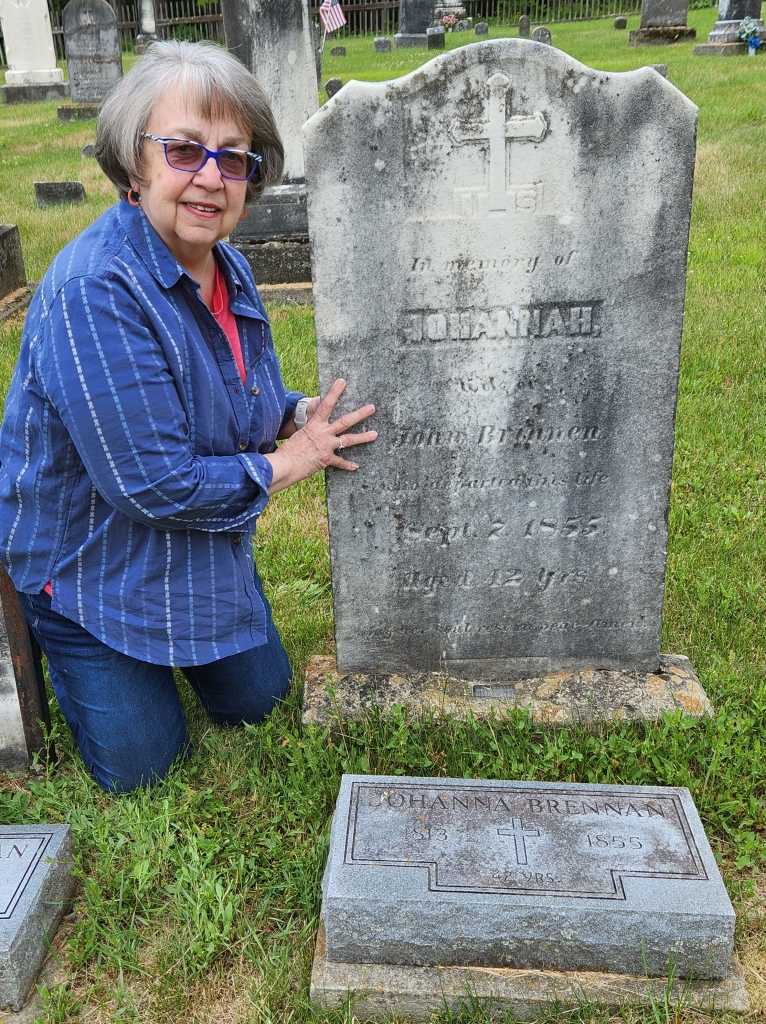Carol Brennan King July 17, 2023
PART 1: Still writing? Something? Anything? My point is don’t measure the right to call yourself a writer by how much you write or publish.
For me, the standard for calling yourself a writer is this: you love to write. And somewhere inside of you, there is a desire to share your writing. Not just so you can say you have been published, but so you can add to someone’s life. Or your writing allows you to say something that matters to you.
I have written for a very long time and been published for almost as long. But I confess, writing for me would not be as satisfying if no one ever read or heard it read. Because I want it to matter. Maybe not to the world, maybe not to a huge readership, but I long for my words to connect with the heart of an audience, however small.
SO, WHO IS YOUR AUDIENCE? AND WHAT IS YOUR GENRE? Right now, I am hoping the audience for my current book are readers who enjoy historical fiction, with maybe some romance thrown in, and some life and death tension too. People who had relatives who journeyed to this country in the 1800s especially might enjoy this book, but also include families of those who traveled before and after that period. Think of all that those people endured. The pain of leaving their homeland and relatives. The fear of the future, finding a place to live and work, and the fear of being accepted.

This is a photo of my great-great-grandmother’s grave, where I promised her I would write her story of leaving her homeland and the heartbreak that probably brought on her early death.
Maybe your family came here, before or after one of the wars since 1900. Do you know that story? Have you thought about that or how what they did might have affected you? OH, there are many stories to be researched and recorded.
So, whatever you are writing, think through who the readers might be. Then write with them in mind. This is vital information when you get ready to market your book.
PART 2: What are you reading? Writers must read. Just google “Why should writers read?”
But if you want to know right now, let me give you a few reasons.
- Reading good writing helps you write better. You begin to see how seasoned writers write a great paragraph. You recognize the importance of that first sentence. If it doesn’t work, make you hungry for more, you probably won’t read much further. You notice how the writer shows what is going on; you see that he or she doesn’t just tell you Simon put his coat on and stepped toward the door after he picked up his laptop. The good sentence might say, “Grabbing his coat and laptop, Simon raced for the back door, away from the front doorbell ringing like someone was punching it.”
- Reading good writing is an easy way to do research. Think about the history, the culture, and the geography you pick up reading widely. As I write this, I think of how all the old ways of doing things can be woven into new stories, think of fantasy or horror, or love stories. Did you know how many Kings or Queens in Europe were related to each other? Now tell me how that might complicate the world scene.
- Reading is good for you, seeding the stories you have not even thought of yet.
- One of my students periodically would send me articles from the New York Times. Brilliant and witty and informative writing. Writing so good that every afternoon after Sunday dinner, I take my coffee to my favorite chair with sunlight coming in over my shoulder, the NY Times in my lap.
I browse through all the sections, then settle down to devote chunks of the afternoon to The New York Times Magazine. The Thread, think letters to the Editor, hooked me with responses from the July 2 issue. This is serious because it made me go back to that issue to see what I had missed. Note: I had that issue. I confess to hoarding The New York Times Magazines because sometimes I read an issue first fast enough to catch the highlights. Then I go back for more.
I read the Clarion Call next, a NYT article, this week sort of about the 1400 British Soldiers practicing for a military parade near St. James Park. But it is an artful piece on battling climate change. I won’t tell you more, but you must read it. The next piece is about “Robert Downey Jr. on his new balancing act.” Do you ever think of Downey as anything but a character in one of his movies? I read every word, some more than once, and checked all the footnotes.
There’s a piece on ChatGPT, relevant to writers. If you don’t recognize that word, you gotta read this article. As writers, it is important to you.
As is the next article: Pedro Martinez by Will Harrison. Harrison uses Pedro Martinez’s skills as an athlete – a baseball player seems an understatement, to show you how to write in a way that is intoxicating to the reader, especially if the reader is a writer.
I could show you more in this magazine, but I want you to taste it yourself, to learn it firsthand, another lesson in learning and writing that shows you the difference between men and boys, or women and girls.